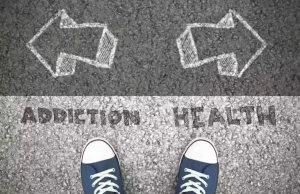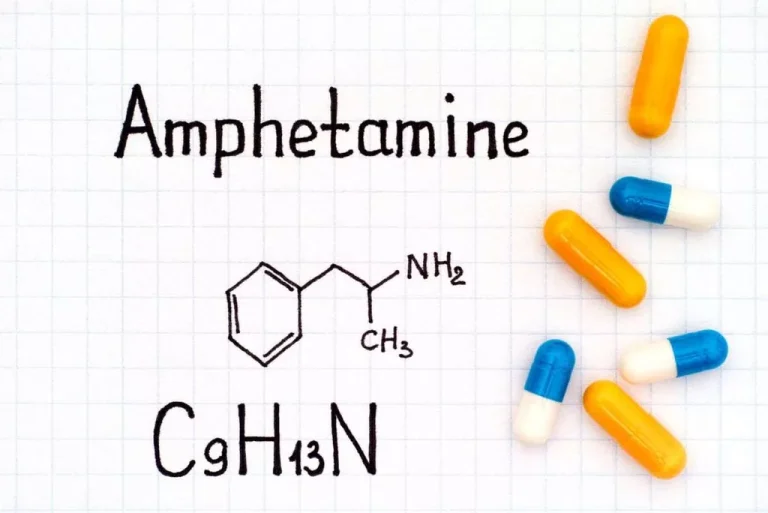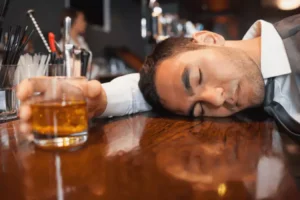
The result is a higher blood alcohol content (BAC) and a higher risk of alcohol poisoning. This article mentions it being the cause of feeling drunk when you’re sober. Or you may deny having alcohol, but your blood sugar levels may begin to differ. Alcohol enters your bloodstream when you begin consuming and affects how your body and brain function very quickly.

How Long Does It Really Take to Sober Up?
- The faster alcohol is absorbed into your bloodstream, the higher your BAC, and the longer it’ll take to sober up — especially if you keep drinking.
- Drinking heavily reduces your body’s natural immune system.
- This is especially the case if specific behaviors or mood symptoms affect your day-to-day life.
- Usually a man will start to feel tipsy after consuming 2 to 3 alcoholic drinks in an hour.
Of course, it’s important to set (and enforce) clear boundaries around behavior that affects you negatively, like angry outbursts or dishonesty. But it’s also important to cultivate patience as they work toward making changes. The important thing is to find a recovery program that works for you and stick with it. If one approach doesn’t feel right, take a step back and consider a different one. Remember, eliminating alcohol is only part of the equation. It’s equally important to explore the habits and reasons behind your drinking, ideally with a qualified therapist.
Alcoholic Food and Sprays
The incident alarmingly raised the question as to whether he meant what he said—namely, about Jews being responsible for all world wars. When a person’s BAC reaches 0.35 to 0.50, there is a high chance of a coma. The person may be completely unconscious with no reaction to their surroundings. Your trusted resource for health and wellness information and the latest medical advances to help you and your family live better. Social isolation can cause significant stress, leading to depression and cognitive problems. Research shows that dizziness, vertigo and balance problems affect about 15 percent of U.S. adults each year.
Main Content

Some people are prone to doing crazy stunts when they get drunk. Because alcohol reduces our inhibitions, it makes us more likely to act impulsively. For some of us, this means doing a bit of extra online shopping.
This is especially the case if specific behaviors or mood symptoms affect your day-to-day life. When you’re in recovery, it’s easy to focus on the negatives. Maybe they slipped up and had a drink after several months of sobriety. Or maybe they feel like they’re missing out on social events. Other complex factors may also play a role, including underlying mental health issues or a lack of social support.
- It’s equally important to explore the habits and reasons behind your drinking, ideally with a qualified therapist.
- However, this feeling doesn’t last long, maybe only a day till you get proper sleep again.
- Plus, labeling someone in recovery as any kind of “drunk” generally isn’t helpful.
- But for others, it might mean doing something truly dangerous, like driving drunk or taking a dive off the roof.
How Alcohol Affects the Brain and Body
This means it’s not produced on its own, but as a result of another process.
Sugar levels

Certain factors may increase your chances of experiencing alcohol use disorder. Long-term alcohol use can affect bone density, leading to thinner bones and increasing your risk of fractures if you fall. Here’s a breakdown of alcohol’s effects on your internal organs and body processes. From the second you take a sip, alcohol starts working its way through your body, affecting everything from your mood to your muscles.
It’s important to sleep about eight hours to function efficiently. You also have to explore, deeply and honestly, patterns and behaviors in your life that contribute to your alcohol use. Your liver can metabolize about one standard drink per hour, but that doesn’t mean that your buzz will wear off that quickly. How alcohol affects you, how drunk what does being drunk feel like you get, and how long it lasts depends on several factors. If you’re concerned about how you behave when you drink and want to reduce how much you consume, Ria Health may be able to help. Our online program offers medication for alcohol cravings, coaching, virtual support groups, and handy digital tools—all from an app on your smartphone.

A fresh look at risks for developing young-onset dementia
- According to the National Highway Traffic Safety Administration, 1,878 people were killed in 2018 in alcohol-related crashes involving drivers with BACs of .01 to .07 g/dL.
- Finnish researchers have found a gene mutation in the serotonin 2B receptor linked to reckless behavior under the influence of alcohol.
- People with alcohol use disorder may not feel drunk at all, even when their BAC is very high.
- In these cases, be conscious of how alcohol is affecting you and remember the BAC limit for driving in the U.S. is 0.08.
Sign up today to get trained on how to safely serve alcohol on-premises. Enroll in training now to learn how to responsibly sell alcohol off-premises. Some genes make us more sensitive to alcohol, while other variants may make us less vulnerable to its effects. In 2006, when Mel Gibson was pulled over and arrested for drunk driving, he unleashed a vitriolic anti-Semitic tirade that went viral.

